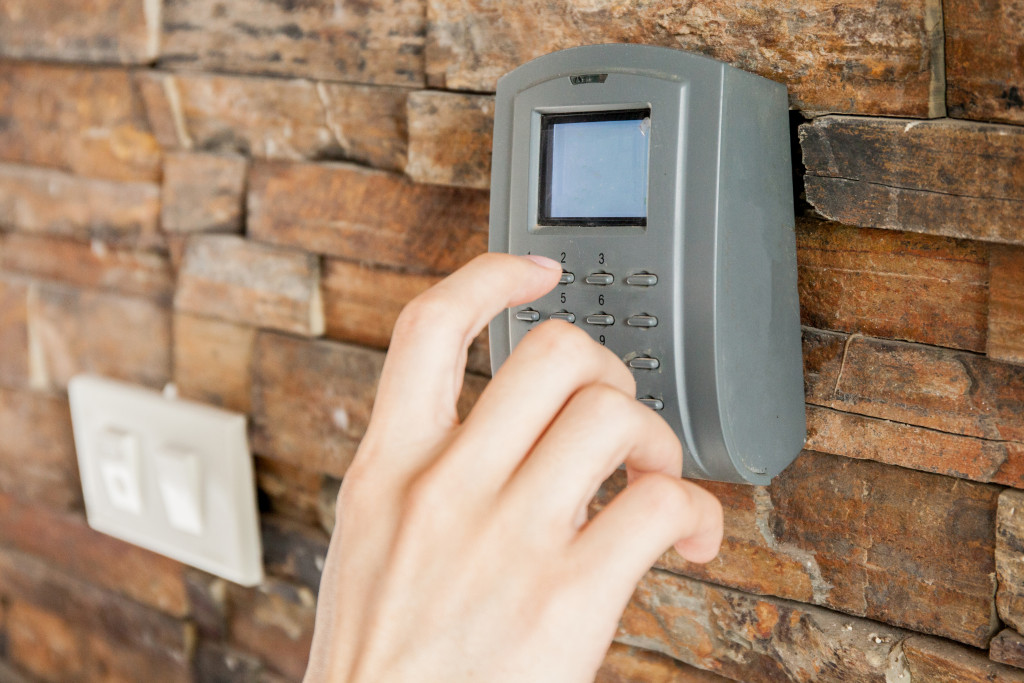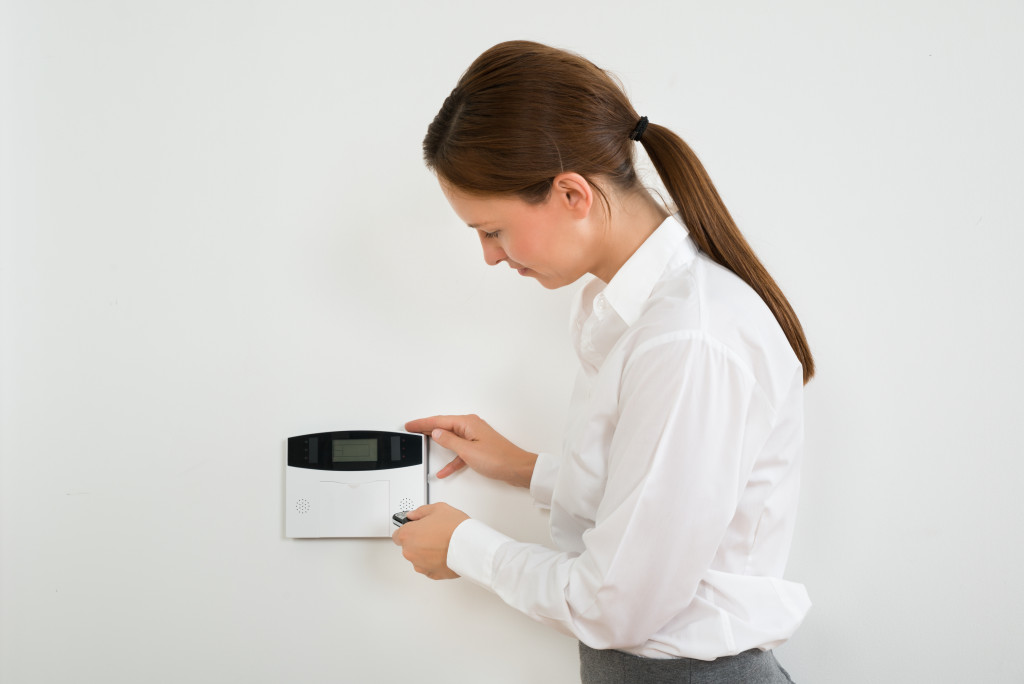While the good old padlocks and deadbolts will never lose their functions, it won’t hurt to combine them with smart security devices. After all, an eager burglar could simply hack a padlock and sneak inside a property. If you don’t have a backup security device, the burglar will get what they want and leave the property unscathed.
Using impenetrable security devices doesn’t make you paranoid. Rather, it makes you a more responsible homeowner. Besides, it’s not just the house that the security system protects. It also protects you and your family. There’s no telling if a burglar will only steal something, after all.
Aside from CCTV cameras, there are more high-tech — or, specifically, smarter — security devices in the market. You may not install all of them in your home, but if they’d give you peace of mind, then feel free to install them all. Each security device has a specific function, so you’ll waste no dime on any.
But understanding the function of smart security devices can be difficult if you’re not tech-savvy. So here’s a simplified guide:
1. Alarm System
An alarm system has sensors on entry doors and windows. It rings when a forced entry from those areas is detected by the system. The alarm can be accompanied by a strobe light.
However, the alarm could go off if it detected an animal’s movement. Hence, sophisticated systems came to be, with their sensors being able to differentiate between an animal and a burglar. There are also monitored systems, which can notify the nearest police station if the siren blares.
Alarm systems are usually slow to damage, but old or unbranded units may show issues faster or more often. Issues in an alarm system must be resolved immediately, even it has never detected burglars in its life so far. You’ll never know when it would come in handy. So have the contact details of a trusted alarm system repair service provider on your phone.
2. Motion Sensors
Motion sensors, or motion detectors, are equipped in all alarm systems. It’s responsible for spotting and tracking movement and determining whether the siren should be sounded. Motion sensors are also seen in most CCTV cameras. They make the lens follow the movement of people, resembling an eyeball.
There are actually two types of motion sensors: active and passive. Active motion sensors are equipped with automatic doors. Passive sensors, on the other hand, are equipped with security devices. They detect infrared energy, which a person’s body heat gives off. This infrared energy radiates at a wavelength between 9 and 10 micrometers. Hence, motion sensors are typically sensitive to movement within a range of 8 to 12 micrometers.

3. Smart Locks
A smart lock allows you to lock and unlock your door without using a key. You can even control it remotely through your smartphone. With just a tap of a button, you can lock your doors at night; you don’t even need to leave your bed. In fact, you can be in the office or on a vacation, and you can still control your smart lock.
Smart locks can also be connected to smart assistants like Alexa. It will allow you to control the locks using voice commands. Before buying a smart lock, ensure that you have a stable internet connection; otherwise, it won’t work.
To get the best of a smart lock, choose one that offers multiple ways to lock and unlock a door. For example, through four-digit codes, biometrics, and digital keys. Some even come with a traditional metal key. Being able to open the door in multiple ways is convenient if you tend to forget codes, or if you regularly hire house help. You can give a maid or a dog-walker a digital key if they need to enter your home without you. That way, it’s just you who knows the door’s security code.
4. Smart Doorbell
If smart locks aren’t enough, you can also get a smart doorbell. Instead of ringing the doorbell from an audio device somewhere near your door, a smart doorbell will “ring” your smartphone. It will also show real-time video footage from outside your front door.
A smart doorbell is a good investment if you often fall victim to prankster neighbors, or if you live alone. You can even answer the door remotely using its microphone feature. It’ll come in handy if you have deliveries, and you’d rather not open your door to the delivery person.
You’d notice that many smart security devices can be connected to a smartphone. It shows that we humans now spend the majority of our time using our phones that relying on any other device has become bothersome. It’s a fascinating yet slightly disturbing reality. But at least, our smartphones can protect our homes and save our lives now.




